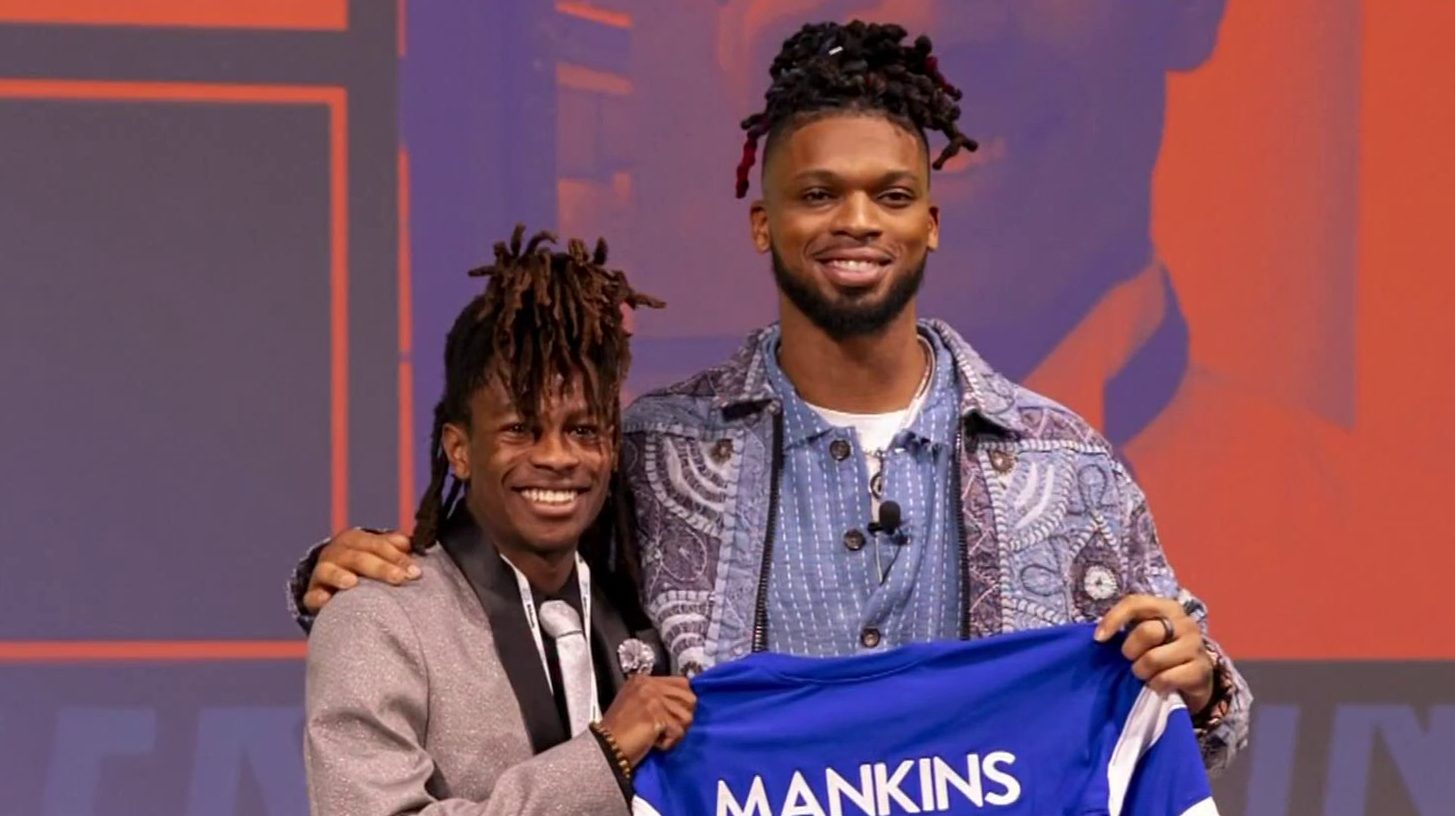The Texas summer has decided to ramp up just as youth and high school sports are kicking off intense practices.
Some football teams and marching bands are already getting some practice in this week. Dallas ISD will begin two-a-days next week and the week after.
Unfortunately, this coincides with the first 100-degree days North Texas has seen for the year. The high temperature in Dallas reached 102 degrees on Tuesday, with more heat expected through the weekend.
That's why school districts have some rules in place right now to keep students safe this summer.
Get DFW local news, weather forecasts and entertainment stories to your inbox. Sign up for NBC DFW newsletters.
Rules of the Heat
DISD enforced a “no-fly zone” as they call it, where no practice is permitted anytime between 12 p.m. and 6 p.m.
Coaches must practice in the morning hours and any time after 6 p.m., as long as temperatures on the practice field are safe.
Local
The latest news from around North Texas.
To check for that, they use a Kestrel heat stress meter, which measures the Wet Bulb Globe Temperature. It’s a measurement tool that uses ambient temperature, relative humidity, wind, and solar radiation from the sun to get a comprehensive measure of the environmental heat stress on the body.
In DISD, if that temperature on the practice field is above 92.1 degrees, outdoor practice must be canceled until a cooler temperature is reached.
“We just need to make sure that our kids are safe. And well hydrated so they can play football,” said Corey Eaton, DISD athletics assistant director for sports medicine.
Eaton said coaches are also required to have a list of items on the field, including water, sports drinks, misting fans, and even cooling tanks in case of emergencies.
They're ready to call EMS if something happens.
“Our goal is to definitely make sure that we don’t even call an ambulance,” Eaton said. “We want to do things right during practice. Multiple water breaks, make sure they’re eating right – things like that. That way we don’t even have to call an ambulance.”
Heat Illness Checklist
Children’s Health is also warning parents and coaches to watch for signs of heat exhaustion right now:
- Dizziness
- Fatigue
- Excessive sweating
- Clammy skin
- Muscle cramping
- Headaches
- Slowing pulse
For heat stroke:
- Confusion
- Racing heart rate
- Rapid breathing
- Sweating stops, dry skin
“A lot of times, our athletes will get nervous if their pulse feels really fast. But we’re looking for a slow, weakened pulses, Muscle cramping, and headaches. All of those are going to be pretty decent indicators of some level of heat exhaustion or more extreme dehydration,” said Brittany Wehrle with Children’s Health Andrews Institute.
She said the key to surviving summer practices and two a days is understanding that muscles need water to work right and your body needs electrolytes to stay healthy.
“One thing we may miss the mark on as parents or providers or coaches is kids don’t understand why we want them to hydrate,” she said. “So I always explain to them water – at the microscopic level – makes everything in your body happen. So not just keeping you safe, because for a lot of kids they think they’re invincible. It’s also your muscles firing. Your performance starts to get worse because of your muscles are just not doing their job.”
Water also helps control the core temperature of the body, which is crucial during those summer practices.
“I always like to tell my athletes, picture your muscles as either a piece of steak when it’s hydrated or a piece of beef jerky. Which one do you think is being more prone to being strain, pulled or injured easily?” Wehrle said.
She said parents can try a few tricks to help their student feel their best for morning practice.
“Hydrating the night before, eating plenty of carbs because that’s going to help our body store additional water,” said Wehrle. “Also looking at electrolytes. So whether that means drinking a Gatorade at night with dinner or eating salty foods – trying to eat foods that we know are rich in those electrolytes.”
Even simple tricks like freezing a bottle of water and mixing the hydration to include sports drinks is key to outsmarting the heat.
“Preparing ahead of time is a much better option than going into practice, hoping you’re well hydrated, finding out you’re not and then you still have another practice to get through. That’s where our risk just starts to skyrocket,” Wehrle said.
She added that parents of younger children will need to be extra vigilant about making sure their little athlete is staying safe during practice.
"Because as we get older, the way we thermal regulate changes. So definitely looking at those newcomers in the younger kids and thinking about children who are new to two days who have not been as high risk for dehydration before," she said. "Maybe your son has always been a midfielder in soccer and now he’s the goalie. Now he’s in a lot more gear. Anything that decreases their ability to control their core temps and increases their propensity to lose hydration - keep an eye on those kids the most closely."



